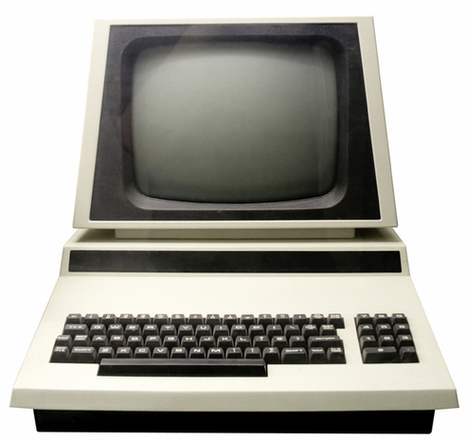The Federal Communications Commission (FCC) voted today to accept FCC chairman Tom Wheeler's proposal that the Commission "use its Title II authority to implement and enforce open Internet protections." Or, to put it in plain English, your ISP must provide equal broadband access to you or any site -- Amazon, Netflix, etc. -- without slowing down or speeding up sites for additional fees.
So, what will this mean for you? Wheeler declared that this new stance "will ensure the Internet remains open, now and in the future, for all Americans." We'll see. As Mark Cuban, serial entrepreneur, said on CNBC, "Let the lawsuits begin."
Learn more:
- http://www.scoop.it/t/21st-century-learning-and-teaching/?tag=Net+Neutrality



 Your new post is loading...
Your new post is loading...












Some U.S. government agencies are using IT systems running Windows 3.1, the decades-old COBOL and Fortran programming languages, or computers from the 1970s.
A backup nuclear control messaging system at the U.S. Department of Defense runs on an IBM Series 1 computer, first introduced in 1976, and uses eight-inch floppy disks, while the Internal Revenue Service's master file of taxpayer data is written in assembly language code that's more than five decades old, according to a new report from the Government Accountability Office.
Some agencies are still running Windows 3.1, first released in 1992, as well as the newer but unsupported Windows XP, Representative Jason Chaffetz, a Utah Republican, noted during a Wednesday hearing on outdated government IT systems.
The government is spending more than US$80 billion a year on IT, and "it largely doesn't work," Chaffetz said during a House of Representatives Oversight and Government Reform Committee hearing. "The federal government is years, and sometimes decades, behind the private sector."